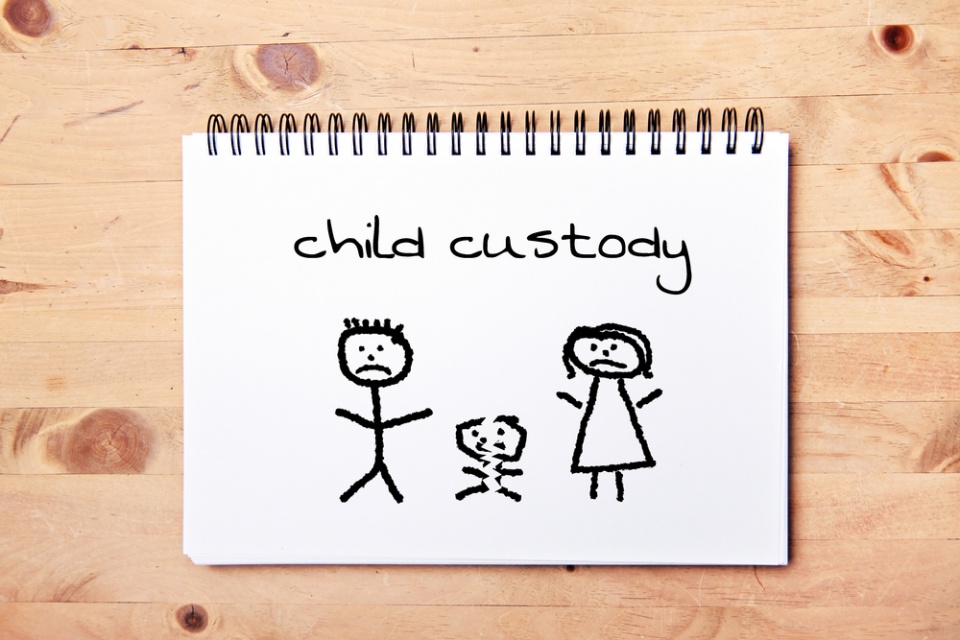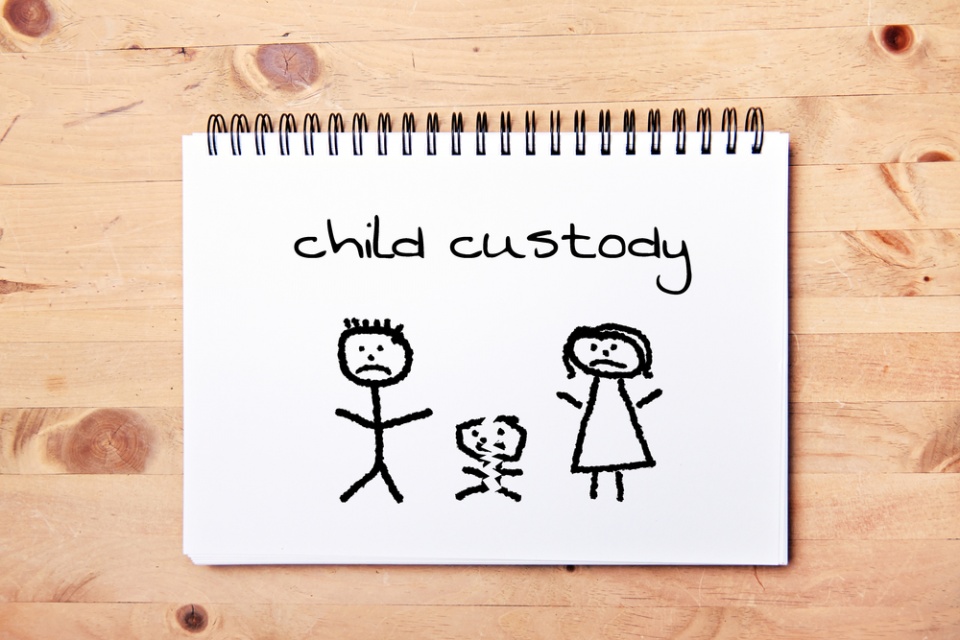
A guardian ad litem is a court appointed figure that represents a minor’s best interests. Though guardian ad litems are often attorneys, there are “lay guardians”—often people with experience in child counselling or social work. Guardian ad litems are often used in cases involving custody, visitation rights, emancipation, abuse, and neglect. Their job is essentially to represent a child in court. They do not necessarily argue for or against either of the child’s parent—their concern lies solely in presenting to the courts what is objectively best for the child.
What do they do?
Ultimately, a major part of a guardian ad litem’s responsibilities includes figuring out how best to advocate for a child by building a strong understanding of the child’s background and family life as it applies to the case. A guardian ad litem has the right to look into the family history of the child they represent. They may investigate the child’s living conditions, visit the child’s home, and contact their family members when necessary. They are not necessarily required to give warning prior to visiting the child’s home or contacting the child’s family. A guardian ad litem also has the authority to subpoena witnesses. Though there are some restrictions regarding how they are allowed to present their reports, guardian ad litems have a lot of influence over judges’ decisions.
How can they help?
Guardian ad litems are especially important in divorce cases, where parents may become preoccupied with their own concerns. Children may need somebody to stand up for their best interests while parents handle their own problems in the case. If a child is involved in an abuse, neglect, or emancipation case, a guardian ad litem can confirm a child’s claims based on what they have witnessed through home visits, interviews, and observations of interactions between the parents and the child.
When custody is being determined, a guardian ad litem may contribute recommendations for the courts based on what they have observed and heard from the child. Though a guardian ad litem cannot submit reports that explicitly state that they believe a child should be placed with one parent and not the other, they can influence the discussion in more subtle ways. A guardian ad litem can report that the child appeared to be doing very well while with one parent, but the other parent seemed to keep the child in subpar living conditions. Reports and observations such as these can communicate to the judge what decisions would be best for the child. In addition, guardian ad litems can also influence what restrictions and parameters are placed on parents in custody cases.
A guardian ad litem’s words often have a huge influence over the judge’s final choices. Their opinions and reports can have major impacts on the placement of a child, custody, visitation rights, and related issues. When interacting with a guardian ad litem, always be cooperative and honest, as they are highly influential and important legal figures.



